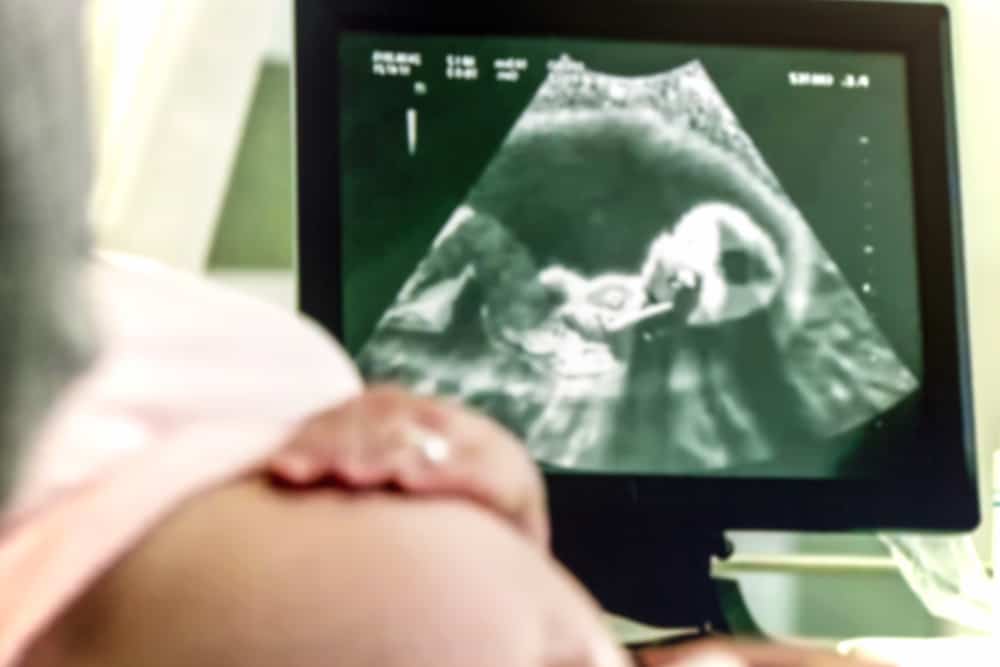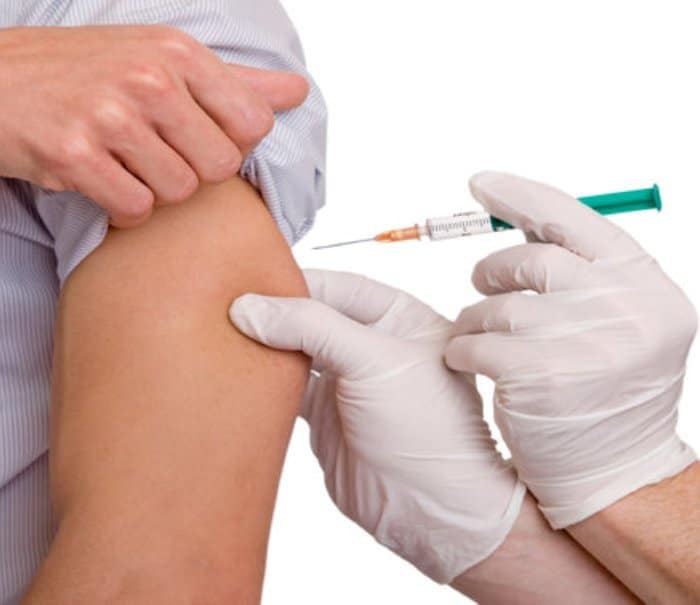Contents:
- Medical Video: Should You Get Genetic Testing During Your Pregnancy?
- Congenital defects, the main cause of death for newborns in Indonesia
- Screening pregnant women through genetic testing can help predict the risk of congenital defects
- However, prenatal genetic testing often results in false positive results
- What is a diagnostic examination?
- Do I need genetic and diagnostic tests at once?
- Check yourself and your partner before planning to become pregnant
Medical Video: Should You Get Genetic Testing During Your Pregnancy?
The genes in our body not only affect physical characteristics such as eye color and nose shape, but also determine the risk of a disease or genetic disorder that can affect our health to old age later. At present, there are thousands of types of genetic tests available in various hospitals. One of them is a prenatal genetic test that is intended for pregnant women in the first trimester. Screening for pregnant women aims to evaluate the risk of health problems such as congenital defects that may arise in their babies.
Unfortunately, although the benefits of genetic testing cannot be underestimated, these medical examinations are still shrouded in debates on the pros and cons.
Congenital defects, the main cause of death for newborns in Indonesia
The Indonesian Ministry of Health, through its release, noted that congenital abnormalities to date have contributed significantly to the cause of neonatal deaths. WHO SEARO data in 2010 estimates that cases of congenital abnormalities in Indonesia are 59.3 per 1000 live births. This means that if there are 5 million babies born in Indonesia in one year, then there are around 295 thousand cases of congenital abnormalities per year.
Congenital Talipes Equino-Varus (CTEV) or also called "foot O" is the most common case of congenital abnormalities in Indonesia. Then followed by neural tube defects (spina bifida, anencephaly, and meningochele) and cleft lip. Congenital abnormalities are also the biggest cause of stillbirths and spontaneous abortions.
Screening pregnant women through genetic testing can help predict the risk of congenital defects
The main cause of congenital abnormalities is genetic factors. Congenital defects can occur at any time during pregnancy. However, most cases occur during the first trimester when there is the formation of vital organs of the fetus. That's why not a few obstetricians recommend screening pregnant women in the first or second trimester.
Prenatal genetic test results will then be taken into account with other risk factors, such as maternal age, partner ethnic background, and a history of genetic disorders in the family tree to see if their baby is at risk of having certain birth defects that may be inherited from his parents. Prenatal genetic screening can also see the risk of other possible inherited disorders such as Down syndrome,cystic fibrosis, or sickle cell anemia.
However, prenatal genetic testing often results in false positive results
On the other hand, Dr. Andrea Greiner, a maternal and fetal specialist at Iowa State University Hospital, said that genetic screening tests can give false positive results. These results can probably affect the emotional condition of prospective mothers. After seeing the results of these abnormal tests, they may believe and worry that their baby will definitely be born with a genetic disorder.
This false belief can then greatly influence the prospective mother's decision on her pregnancy. Not a few pregnant women think of aborting or abortion when receiving false positive test results. Hurry to make fatal decisions under heavy pressure like this can certainly affect the health of the mother and fetus later on.
In fact, the results of screening pregnant women is not a decision to hammer. It should be understood that prenatal genetic screening can show wrong results. There is also the possibility that genetic screening cannot detect genetic abnormalities accurately, even though the risk is actually present.
Because genetic screening only aims to measure how much the risk of genetic abnormalities in the fetus, but can not conclude with certainty whether the child will really be born disabled. So, genetic screening tests should actually be followed up with a diagnostic check to really ensure that risk.
What is a diagnostic examination?
Diagnostic testing is a type of test that is more accurate and reliable which results in consistent results when compared to genetic screening alone.
Diagnostic tests can detect many genetic conditions caused by defects in genes or chromosomes. These checks can generally tell prospective parents whether their fetus has certain genetic problems or not.
Greiner said that genetic diagnostic checks can also help prospective parents to plan and prepare themselves and the conditions of the home for babies who may have special needs.
On the other hand, some diagnostic tests have different risks, such as the risk of miscarriage.
Do I need genetic and diagnostic tests at once?
The decision to undergo prenatal genetic testing is entirely in the hands of each prospective mother after considering it with a partner and discussing it with a doctor. Women also need to go back to asking themselves how or how they might respond to their worst possibilities.
Pure positive screening and diagnostic test results cannot be changed, corrected, or treated. That's why if you receive a positive result, the next step you should do is discuss with your doctor about the choice of treatment, treatment, or risk reduction during pregnancy until later giving birth.
Check yourself and your partner before planning to become pregnant
Not all types of genetic screening must be done when a woman is pregnant. To anticipate the risk of disease in a prospective baby, you can undergo a genetic examination before even actually planning to get pregnant. This examination can also be done by a prospective father to find out if he carries a specific abnormality gene that can be inherited to his offspring later.












